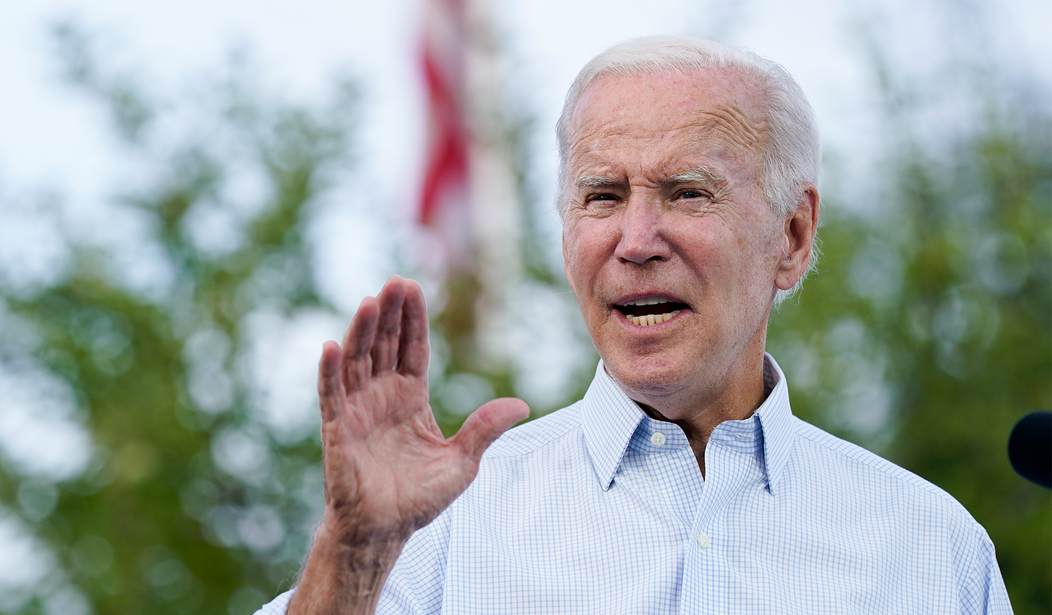In September 2020, I drafted an internal White House memo that warned the pandemic was eroding the resiliency of global supply chains and transportation networks and thereby driving up production costs worldwide. The inevitable result of such “cost push” inflation would be simultaneous slower growth AND inflation, that is, “stagflation.”
Today, an even more virulent stagflation than I envisioned is taking deep root in the US and global economies. Far too much of that stagflation is being propelled by policy mistakes that reflect a fundamental misunderstanding of the economic woes now facing the globe.
Stagflation last reared its hydra head in the 1970s. Food and energy price shocks coupled with Keynesian fiscal and monetary policy miscues led to double-digit interest and unemployment rates.
Today, while the U.S. unemployment rate remains low in the United States, inflation is running at a 40-year high[i] and negative GDP growth rates over the last two quarters place the U.S. in a technical recession.[ii] Reflecting this stagflation, both stock and bond prices are in a downward trend; and financial markets are shedding trillions of dollars of investor wealth.
Central banks are “one trick Keynesian ponies” that can only solve one part of the stagflation equation at any one time. If the U.S. Federal Reserve wants to fight recession, it lowers interest rates; but that Keynesian “fix” only fuels more inflation. If the Fed fights inflation as it has committed to do, it raises interest rates but that exacerbates recession.
The U.S. Congress and President appear to have little understanding of these Keynesian limitations. As the Fed hikes rates to fight inflation, the White House and U.S. Congress continues to pass multi-trillion dollar bills that just throw more gas on America’s inflationary fire.
Recommended
Globally, when the U.S. Fed raises rates, it exports America’s stagflation. If central banks don’t match the U.S. Fed rate hikes, their countries’ currencies devalue and deliver inflation as the costs of imports rises. If they do match the Fed, the higher interest rates can trigger the recession.
The same insanity is happening in Great Britain. As the Bank of England raises interest rates to fight inflation – 7 hikes in less than a year[iii] -- the new Tory government has announced Keynesian tax cuts to fight recession.[iv] The British pound is taking a beating that will only fuel more inflation.
Portfolio managers are on a similar horns of a dilemma. In normal times, a portfolio of bonds and stocks offers an effective hedge as stock and bond prices tend to move in opposite directions. With stagflation, such asset allocation is no hedge at all as BOTH stock and bond prices fall and only very risky short selling offers any haven. Writ large, pension funds and vehicles like investment retirement accounts are some of the worst victims of stagflation.
Is there any way out of this stagflation trap? Of course, but the necessary economic policies are likely to collide head-on with politics.
For example, a primary contributor to today’s stagflation is a retreat by the United States from Trump’s policy of strategic energy dominance. Biden’s war on fossil fuels through policies such as cancelled pipelines and moratorium on oil drilling on government lands has quickly turned the U.S. from a net exporter of petroleum to just one more supplicant in world markets at the mercy of the OPEC cartel and rogue nations such as Russia, Iran, and Venezuela.
Putin’s invasion of Ukraine – unlikely during a second Trump term – is likewise stoking the oil price fires. Of course, when fuel costs rise so does the price of food as petroleum is a key input for fertilizer as well as crop production and transportation.
As for the pandemic, the dilemma we faced in in the Trump White House was how to defend against the virus without destroying the economy. While a few countries like Sweden led the way in embracing an open economy “herd immunity” approach, most other countries have embraced a lockdown strategy that, irrespective of the scientific debate, has helped severely hamstring supply chains.
One possible structural adjustment here is for countries to build up more robust domestic manufacturing base and supply chains. Yet, this type of seemingly sensible economic nationalism is likewise politically fraught as much of American and global capital are literally invested in a widely dispersed global supply chain and fight such “onshoring” tooth and nail.
Perhaps the easiest step to take in the short run in America is for the government to stop digging the stagflationary hole it has dug. Congress and the White House could – and should – put a moratorium on any further stimulus spending and think long and hard about rolling back some of the least efficient pork barrel items. Of course, that fiscal profligacy – and the stagflation it has helped fuel -- will be a major issue in the upcoming November election.
Peter Navarro was the Assistant to the President for Trade and Manufacturing Policy in the Trump White House and author of the newly released Taking Back Trump’s America (Bombardier).

























Join the conversation as a VIP Member